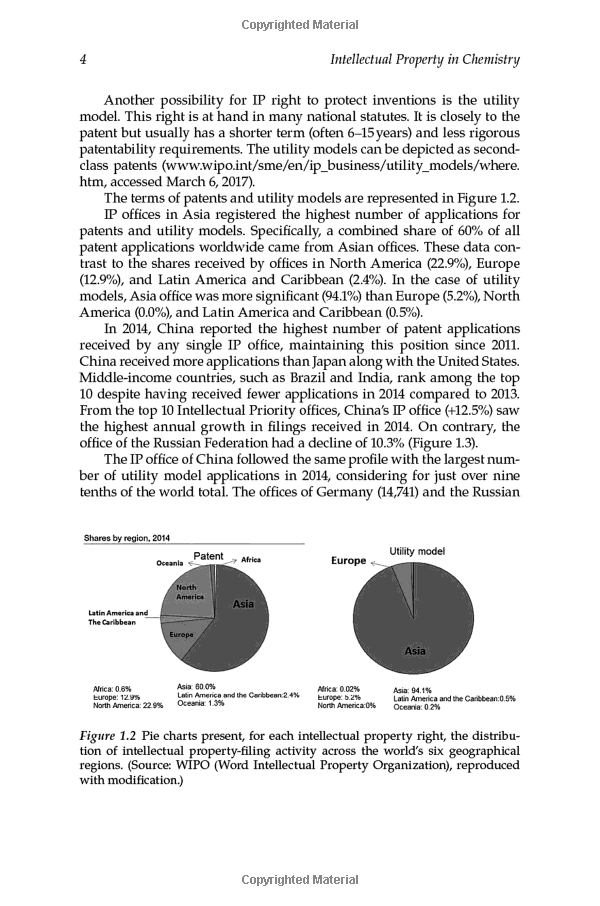Understanding the Accrual Process of Interest on Student Loans: A Comprehensive Guide
Guide or Summary:Interest Accrual BasicsFactors Influencing Interest AccrualLoan TypeLoan TermInterest RatesPayment FrequencyPayment Amounts and TimingGrace……
Guide or Summary:
- Interest Accrual Basics
- Factors Influencing Interest Accrual
- Loan Type
- Loan Term
- Interest Rates
- Payment Frequency
- Payment Amounts and Timing
- Grace Periods and Forbearance
- Influence of Default
Student loans are a cornerstone of higher education financing, enabling countless individuals to pursue their academic and career aspirations. However, the concept of how interest accrues on these loans can be a complex and daunting subject for many borrowers. This guide delves into the intricacies of interest accrual on student loans, providing clarity on the various factors that influence the growth of your loan balance.
Interest Accrual Basics
Interest accrual on student loans generally begins the moment you disburse the loan funds. This means that even before you start making payments, interest starts to accumulate, although it is not added to your balance until after you've made a payment or the grace period ends. This initial accrual can significantly impact the overall cost of your loan, making it crucial to understand the mechanics.
Factors Influencing Interest Accrual
Several factors contribute to the rate at which interest accrues on student loans, each with varying impacts:

Loan Type
The type of student loan you have plays a significant role in determining the interest accrual rate. Federal student loans, for instance, often come with fixed interest rates, whereas private loans may offer variable rates that fluctuate with market conditions. Understanding the specific interest rate associated with your loan is critical in estimating the total interest you'll accrue over time.
Loan Term
The length of your loan term also affects the total interest accrued. Generally, longer repayment periods result in lower monthly payments but higher overall interest charges. Conversely, shorter terms may increase your monthly obligations but reduce the total interest paid over the life of the loan. Assessing your financial situation and repayment goals is essential in selecting the most suitable loan term.
Interest Rates
Interest rates on student loans can be either fixed or variable. Fixed rates remain constant throughout the life of the loan, making it easier to budget and plan. Variable rates, on the other hand, can change periodically, often tied to market conditions or other economic indicators. Monitoring interest rate trends and understanding the potential impact on your loan balance is vital for informed decision-making.

Payment Frequency
The frequency of your loan payments can significantly influence the total interest accrued. Making more frequent payments, such as biweekly instead of monthly, can lead to substantial savings in interest charges over the long term. This is because even small differences in payment frequency can compound over time, resulting in notable savings.
Payment Amounts and Timing
The amount and timing of your payments also impact interest accrual. Making larger payments can reduce the principal balance more quickly, thereby slowing down the accrual of interest. Additionally, paying off the principal faster can result in a shorter overall repayment period, potentially reducing the total interest paid. Conversely, missing payments or paying only the minimum due can lead to accrued interest piling up, resulting in a larger loan balance and increased interest charges.
Grace Periods and Forbearance
Grace periods and forbearance options can temporarily halt interest accrual. During a grace period, no interest accrues until you begin making payments, while forbearance allows you to pause or reduce your payments for a set period. These measures can provide relief during challenging financial times but should be used judiciously, as they can extend the overall repayment period and, consequently, the total interest paid.

Influence of Default
Defaulting on your student loans can have severe consequences, including accrued interest that compounds daily. In addition to damaging your credit score, defaulting can lead to legal actions, wage garnishment, and other penalties that can exacerbate your financial challenges.
In conclusion, understanding how interest accrues on student loans is crucial for making informed financial decisions. By considering the loan type, term, interest rates, payment frequency, and timing, as well as the impact of grace periods and default, borrowers can better manage their loan obligations and work towards achieving their educational and career goals. Remember, the more proactive you are in managing your student loans, the better positioned you'll be to minimize the financial burden and maximize your long-term success.